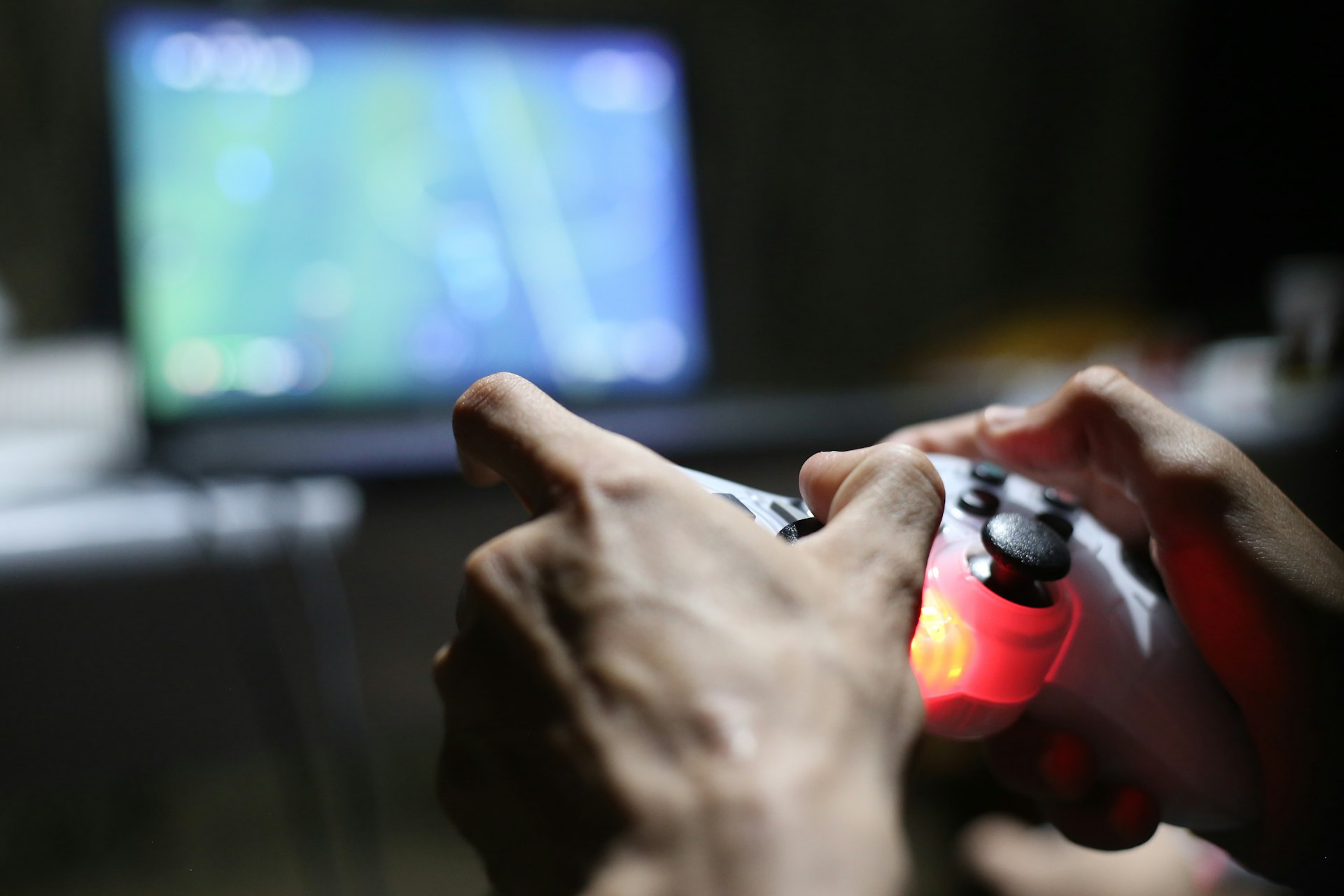How Gaming Can Strengthen Mental Resilience: Practical Strategies and Insights

Photo by Igor Karimov 🇺🇦 on Unsplash
Introduction: The New Perspective on Gaming and Mental Resilience
The prevailing narrative around video games often focuses on potential harms, such as addiction or isolation. However, recent research is shifting this view, revealing that gaming-when approached with intentionality-can be a powerful tool for developing mental resilience . This article explores the science, practical applications, and step-by-step strategies to harness gaming for strengthening emotional adaptability, perseverance, and overall psychological wellbeing.
Understanding Mental Resilience and Gaming
Mental resilience is the capacity to recover from setbacks, adapt to change, and keep going in the face of adversity. Video games, with their built-in systems of challenge, feedback, and progressive difficulty, provide a unique environment for practicing these skills. Research has shown that gaming can help individuals regulate emotions, build confidence, and develop coping strategies for real-world stressors. [1] [2]
The Science: How Gaming Builds Resilience
Multiple studies have found that video games can be beneficial for mental health when played in moderation. Key findings include:
- Emotional Regulation: Games require players to manage frustration, adapt to failure, and try new approaches after setbacks. This repeated experience with failure and recovery helps individuals develop emotional resilience. [2]
- Positive Affect and Stress Relief: Simple games can boost mood, promote relaxation, and help manage anxiety. This immediate positive feedback loop reinforces a sense of agency and optimism. [5] [3]
- Competence and Perseverance: Games present increasingly difficult challenges, teaching persistence and the value of effort. This mirrors the process of overcoming obstacles in real life. [5]
- Social Integration: Many multiplayer games foster a sense of community, teamwork, and belonging, which are essential for psychological wellbeing. [1] [5]
Importantly, not all gaming experiences are beneficial. The effects can depend on the type of game, reasons for playing, and the amount of time spent. Excessive or escapist gaming may be associated with poorer psychological outcomes. [4]
Practical Applications: Using Gaming to Build Resilience
Turning gaming into a tool for mental resilience requires intentional choices. Here are actionable steps and real-world examples to guide you:
1. Choose Games That Encourage Growth
Select games designed with progressive difficulty, meaningful feedback, and opportunities for problem-solving. Puzzle, strategy, and cooperative multiplayer games are particularly effective. For example, players of MMORPGs (Massively Multiplayer Online Role-Playing Games) have been shown to develop higher resilience over time due to the need for adaptation and teamwork. [1]
2. Set Healthy Boundaries
Moderate gameplay is key to maximizing benefits. Experts recommend setting time limits, taking breaks, and balancing gaming with offline activities. For parents, using built-in parental controls and having open conversations about healthy gaming habits can help children benefit from games while minimizing risks. [2]
3. Reflect and Apply Lessons Learned
After gaming sessions, take a few minutes to reflect: What challenges did you overcome? How did you adapt your strategy? How did you manage frustration? By consciously linking in-game experiences to real-life skills, you reinforce the resilience-building process. [5]
4. Engage in Social Play
Playing with friends or joining online communities can enhance the positive effects of gaming. Cooperative experiences require communication, negotiation, and collective problem-solving. For individuals seeking social support, online gaming groups can offer a sense of belonging and validation.
5. Use Games for Stress Relief and Relaxation
Casual games, such as puzzles or simulation games, can provide a quick mood boost and a break from daily stressors. This can help reset your emotional state and prepare you to face challenges with renewed energy. [3]
Real-World Example: Building Resilience Through Challenge
Consider the story of a young adult who regularly plays challenging platformer games. Each level presents new obstacles, and failure is frequent. Over time, the player learns to approach setbacks as opportunities for growth, experiment with different strategies, and persist until success is achieved. These behaviors translate into greater adaptability and confidence when facing academic or work-related setbacks.
Potential Challenges and Solutions
While gaming can support mental resilience, there are potential pitfalls:

Photo by Alvaro Reyes on Unsplash
- Problematic Use: Some individuals may use gaming to escape from real-world problems, which can exacerbate stress or emotional difficulties. [4] It is important to monitor for signs of excessive use and seek professional help if gaming interferes with daily functioning.
- Finding the Right Games: Not all games are created equal. Games that foster perseverance, problem-solving, and collaboration are more likely to support resilience. Seek out titles that encourage growth and positive engagement.
- Balancing Online and Offline Life: Ensure that gaming enhances, rather than replaces, real-world connections and responsibilities. Use gaming as a supplement to other healthy coping strategies, such as exercise, mindfulness, and social interaction.
Alternative Approaches: Beyond Traditional Gaming
For those interested in structured programs, some mental health professionals and organizations are developing therapeutic games specifically designed to build resilience and coping skills. While availability may vary, you can:
- Discuss options with a licensed therapist familiar with digital health tools.
- Search for organizations or research centers specializing in therapeutic gaming interventions. Use terms like “therapeutic games for resilience” or “mental health video game programs.”
- Explore community support groups focused on positive gaming experiences for mental health.
If you are seeking professional guidance, consider contacting a mental health provider or searching for local resources through reputable health organizations. Always verify that any online program or resource is legitimate and led by qualified professionals.
Summary and Next Steps
Gaming, when embraced thoughtfully, can be a powerful tool for building mental resilience. By selecting the right games, maintaining healthy boundaries, reflecting on experiences, and engaging with supportive communities, individuals can leverage the unique dynamics of gameplay to cultivate adaptability, perseverance, and emotional strength. Remember, moderation and intentionality are key. For those interested in exploring therapeutic gaming further, consult with mental health professionals and search for programs using official sources and established organizations.
References
- [1] Filament Games (2024). How Video Games Build Resilience: Research and Insights.
- [2] American Psychological Association (2013). Video games play may provide learning, health, social benefits.
- [3] Oxford Internet Institute (2025). 13 ways gaming affects your mental health – for better and worse.
- [4] Frontiers in Psychology (2019). The Association Between Video Gaming and Psychological Functioning.
- [5] National Institutes of Health (2022). Exploring the possible mental health and wellbeing benefits of video games.



